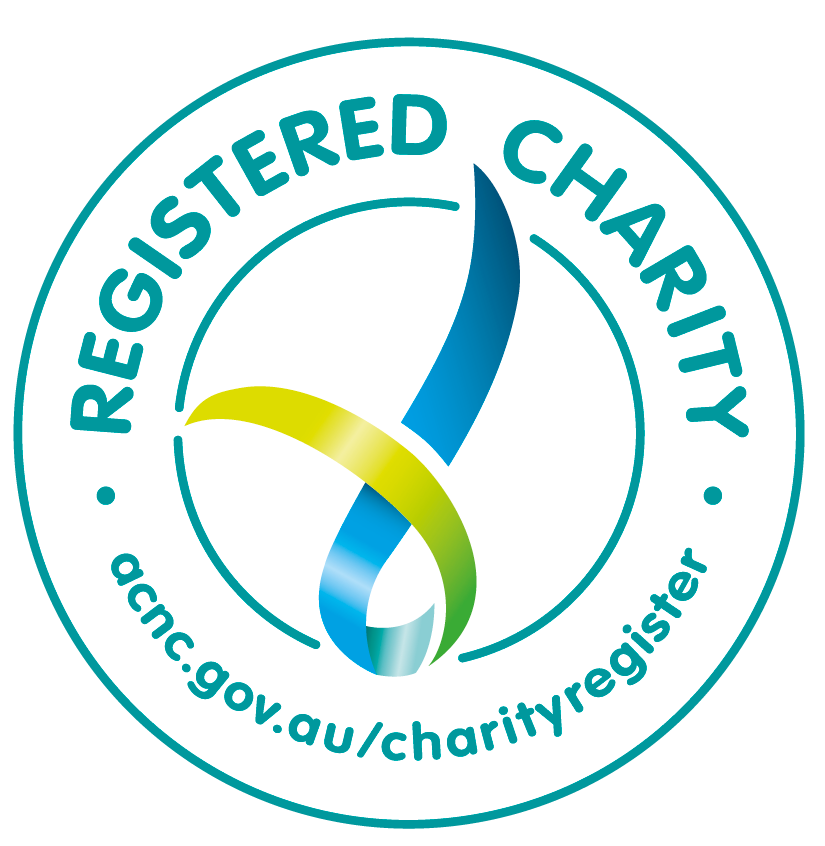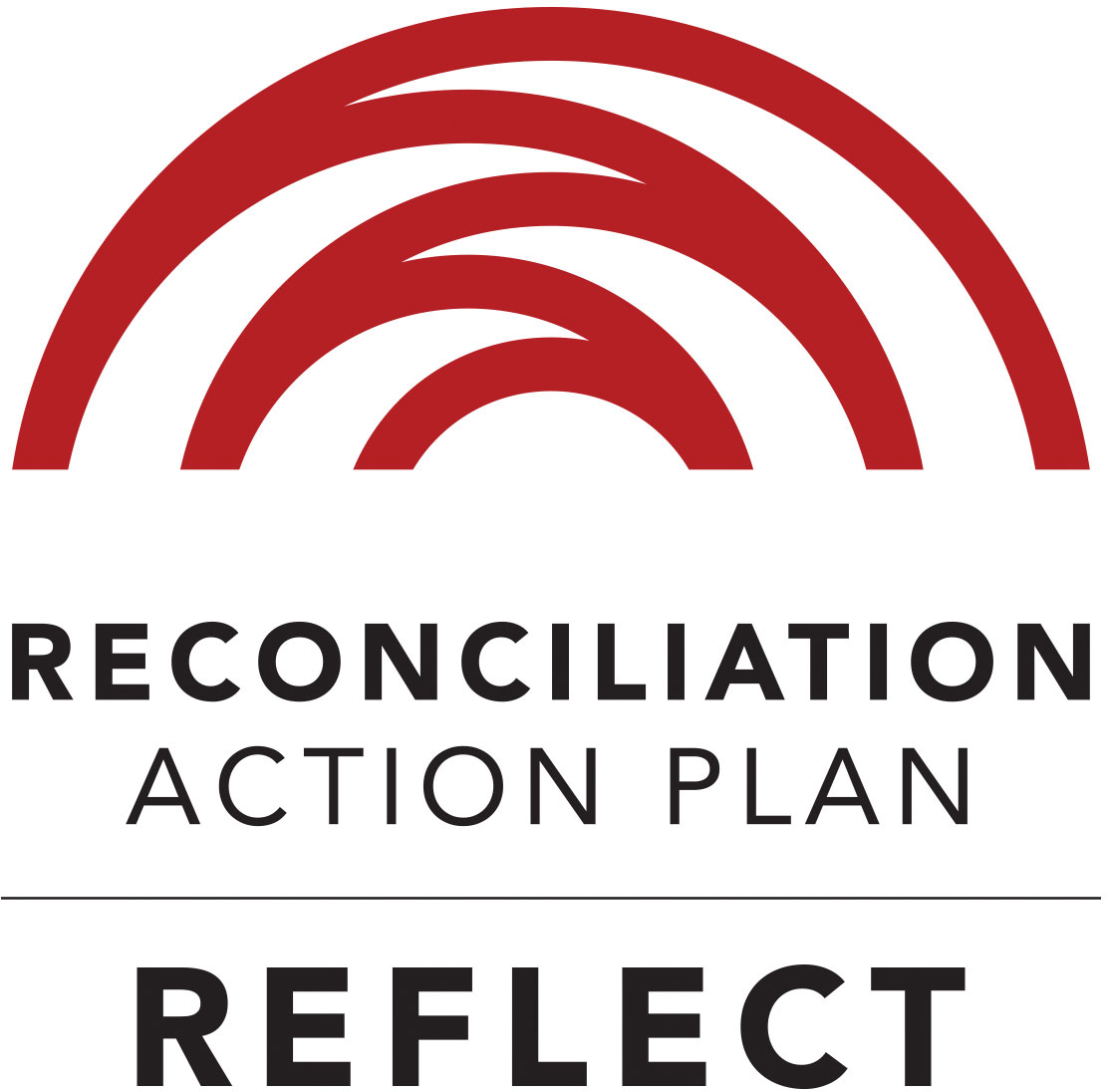More pages in this section
Shining a light on women's wellbeing: promoting greater insight
Women’s Health Week 2023 is all about supporting women to make informed decisions about their health with information that is easy to understand - central to this is shining a light on the many diverse aspects of their wellbeing.
While this incorporates a range of physical health issues, it is equally important to highlight the growing need for recognition of women’s mental health issues, both this week and beyond.
selectability general manager, Suicide Prevention Queensland Sandra Moore, says addressing mental health statistics in Australia requires a gendered perspective.
“It is important to recognise the unique challenges faced exclusively by women, as they contribute to many of the statistics surrounding mental health conditions,” Sandra said.
“There are more than 2.5 million women in Queensland, each sharing experiences and life transitions that are unique to being female and connected to their mental health and wellbeing.
“Awareness is important to respond to the unmet need for services tailored to the needs of women.”
To help understand this, we must understand the outlying mental health statistics surrounding women, and the factors that contribute to them.
The facts
- 1 in 2 Australian women currently experiencing mental illness.
- 49% of women in Queensland are experiencing anxiety and generalised anxiety disorder (GAD), the highest rate of any state.
- Almost a fifth of women experience an affective disorder in their lifetime.
- Meaning one or more of the following: depressive episode, dysthymia and bipolar affective disorder.
- Females are more likely than males to experience depression and anxiety in their lifetime.
- More women than men experienced high or very high levels of psychological distress.
- Females are 12 times more likely to develop an eating disorder in comparison to men.
Women in younger age groups are also less likely to seek help, largely due to a lack of awareness about the seriousness of mental health, as well as competing life priorities, and scepticism about the effectiveness of seeking help.
Contributing factors
Unique health issues
Research shows that many medical conditions either primarily or exclusively impact women.
These factors have diverse and unique effects on both the physical and mental health of women.
Conditions like polycystic ovary syndrome (PCOS), endometriosis, menopause, pelvic floor disorders, and pregnancy difficulties (loss or physical birth trauma) have reportedly major impacts on mental health conditions.
Barriers to seeking help
“While women had a higher presence in seeking mental health support in the last year, there are still many barriers that they face, leaving those in crisis at risk during what can be a critical period.”
Research shows that in the last year, more women across the nation believe they can manage their mental health issues on their own, as well as an increase of women who believe their issues are not serious enough to seek help for.
Environmental factors
“Some of the most overwhelming factors that contribute to mental health issues in women are environmental.
“Whether this be inequality in the workplace, the gender pay gap, gender discrimination, harmful stereotypes about sexuality, or body image issues plays a large role in overall health impacts.”
This also includes the higher likelihood of women experiencing gender-based violence and harassment.
The hidden workload
One of the themes for Women’s Health Week is ‘making it work’ which in turn involves unpacking the mental load of day-to-day life.
Whether it be managing a household, school runs, housework, family matters or friend matters, the ‘hidden workload’ does not discriminate against gender, but it is a load that falls unevenly on women.
“This is an often-overlooked factor, as we know that women spend more time doing unpaid care work than men, resulting in a stretched lifestyle and less free time for recreational activities.”
Women’s Health Week also serves as a good reminder to the community to break the stigma and highlight the gaps in services, particularly with mental health.
“For this week in particular, and in the lead-up to World Suicide Prevention Day, we must shine a light on the diverse barriers regional Queenslanders face when it comes to wellbeing.
“It is important to remember that prioritising women’s mental health isn’t just about addressing problems but developing tailored programs that encourage self-care and resilience.
“By collectively acknowledging these gaps, we can contribute to a healthier and more equitable approach to wellbeing and suicide prevention,” said Sandra
USEFUL LINKS

selectability acknowledges the Traditional Owners of the land on which we provide services and pay our respects to Elders past, present and emerging. We acknowledge those with lived experience and those who support and partner with us to improve mental wellbeing and prevent suicide across regional Queensland.

